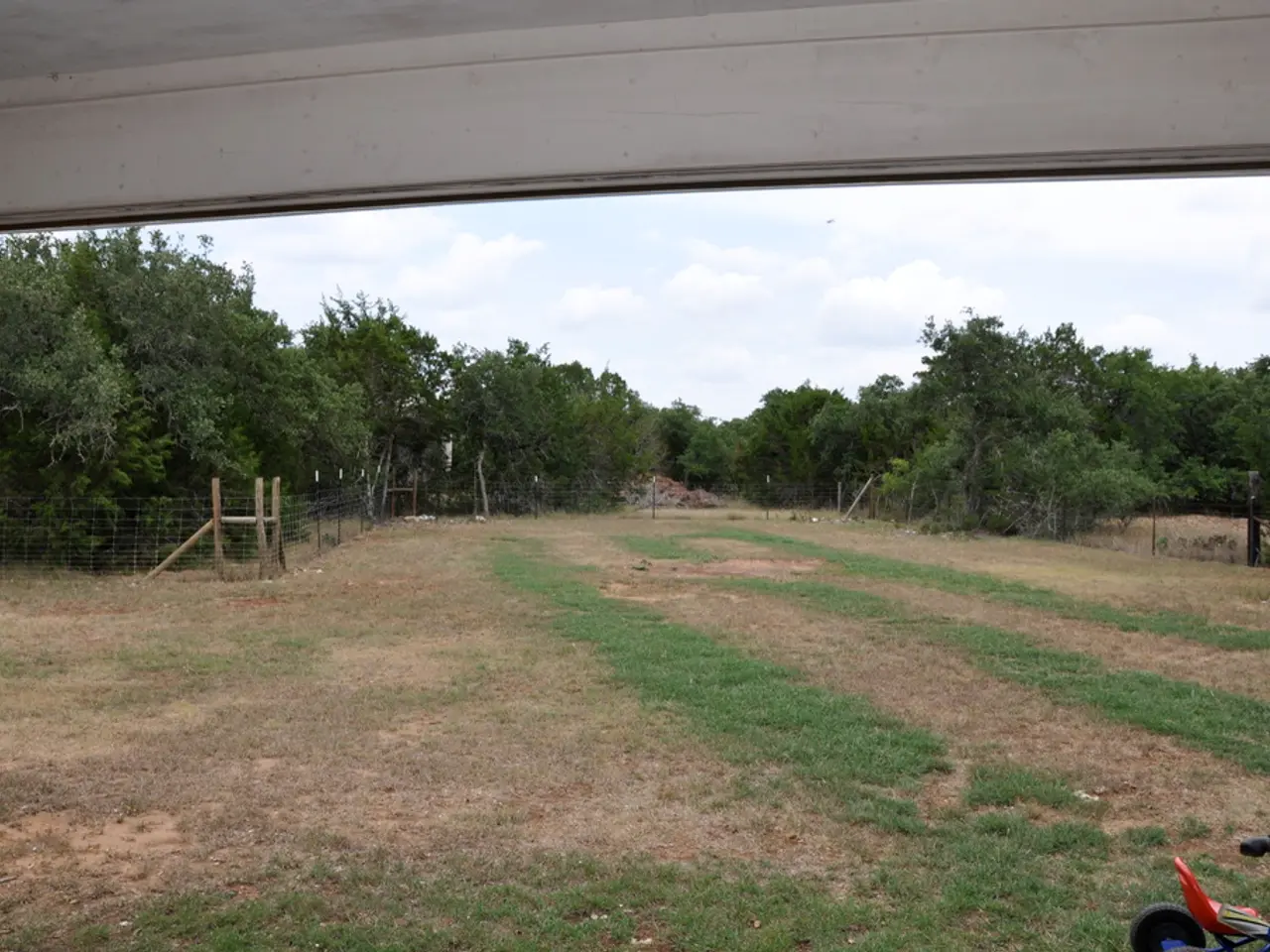Canada's longest trial concludes with a groundbreaking British Columbia land claim decision in favor of four Native American groups
In a landmark decision, the B.C. Supreme Court has granted Aboriginal title to the Quw'utsun Nation and allied First Nations over the Tl'uqtinus village lands in Richmond, British Columbia. The ruling, which affirms the right to fish in the south arm of the Fraser River, is a significant step towards reconciliation and justice for historical injustices.
The land claim, which spans approximately 7.5 square kilometres (about 1,850 to 1,900 acres), involves six First Nations: Quw'utsun Nation, Cowichan Tribes, Stz'uminus First Nation, Penelakut Tribe, Halalt First Nation, and other Cowichan Nation descendants. The area, which includes city and port lands, farms, golf courses, and commercial properties, is currently owned by several parties, including the federal Crown, the B.C. government, the City of Richmond, the Vancouver Fraser Port Authority, and private owners.
The legal case began in 2019 when the First Nations sought recognition and recovery of the government-held lands, not the privately held properties within the claimed area. The trial pursued constitutional recognition of Aboriginal title under Canada’s Constitution Act of 1982 and linked rights to resource use. Witness testimony from elders and chiefs detailed the deep historical presence and stewardship of the land, emphasizing the cultural and social significance of Tl'uqtinus.
In August 2025, Justice Barbara Young delivered a precedent-setting ruling, granting the Quw’utsun Nation and allied First Nations Aboriginal title to the Tl'uqtinus village lands. This ruling marks a significant recognition of Indigenous sovereignty over lands in the Richmond area with long-term implications for reconciliation and land governance in British Columbia.
However, the B.C. government has announced its intention to appeal the ruling, citing concerns about unintended consequences for private property rights in British Columbia. This move delays the implementation of the court’s decision and prolongs the land dispute. The government seeks a stay to pause any application of the judgment while the appeal proceeds.
The Musqueam Indian Band, one of the defendants in the case, has expressed disappointment with the court ruling's outcome. Chief Wayne Sparrow of the Musqueam First Nation mentioned that pre-contact, the government was governed through Indian laws, which is one of the arguments made in the court case. Sparrow also expressed concerns about colonial judges and systems overwriting First Nations' oral history.
The Cowichan Nation, one of the claimants, did not seek to recover any privately-held lands in the court case but wanted lands held by government returned to them. The Nation states that during colonial reserve creation, beginning in 1859, Col. Richard Moody, the Chief Commissioner of Lands for the Colony of British Columbia, did not finalize the village and surrounding lands as a Cowichan Indian reserve and took part of the land for himself.
As the legal process continues, both the Musqueam Indian Band and B.C.'s Attorney General Niki Sharma are reviewing the court ruling to determine potential next steps, including a possible appeal. The trial, which lasted five years with a 20-month deliberation period, is the longest in Canadian history, underscoring the complexities and historical significance of the land claim dispute.
This case is notable for involving multiple First Nations collectively asserting rights and for having First Nations, like the Musqueam Indian Band and Tsawwassen First Nation, as defendants, reflecting internal complexity among Indigenous groups regarding land claims. The ruling also affects nation-to-nation relationships, as there are shared family names and deep connections between the First Nations involved.
References: [1] CBC News. (2025, August 18). B.C. Supreme Court grants Aboriginal title to Quw'utsun Nation. Retrieved from https://www.cbc.ca/news/canada/british-columbia/quwutsun-nation-aboriginal-title-richmond-1.6318783
[2] Globe and Mail. (2025, August 18). B.C. court grants Aboriginal title to Quw'utsun Nation, Cowichan Tribes. Retrieved from https://www.theglobeandmail.com/canada/british-columbia/article-bc-court-grants-aboriginal-title-to-quwutsun-nation-cowichan/
[3] National Observer. (2025, August 19). B.C. government to appeal precedent-setting Aboriginal title decision. Retrieved from https://www.nationalobserver.com/2025/08/19/news/bc-government-to-appeal-precedent-setting-aboriginal-title-decision
[4] Vancouver Sun. (2025, August 18). B.C. Supreme Court grants Aboriginal title to Quw'utsun Nation. Retrieved from https://vancouversun.com/news/local-news/bc-supreme-court-grants-aboriginal-title-to-quwutsun-nation
[5] The Tyee. (2025, August 18). B.C. Supreme Court Recognizes Quw'utsun Nation's Aboriginal Title. Retrieved from https://thetyee.ca/News/2025/08/18/BC-Supreme-Court-Recognizes-Quwutsun-Nation-Aboriginal-Title/
The B.C. government's decision to appeal the ruling, granting Aboriginal title to the Quw'utsun Nation and allied First Nations, has sparked discussions in areas of policy-and-legislation, politics, and general news, as concerns about private property rights and nation-to-nation relationships are at the forefront. The ongoing legal case, which is the longest in Canadian history, will likely influence the economy, particularly in the Richmond area, where city and port lands, farms, golf courses, and commercial properties are involved.








